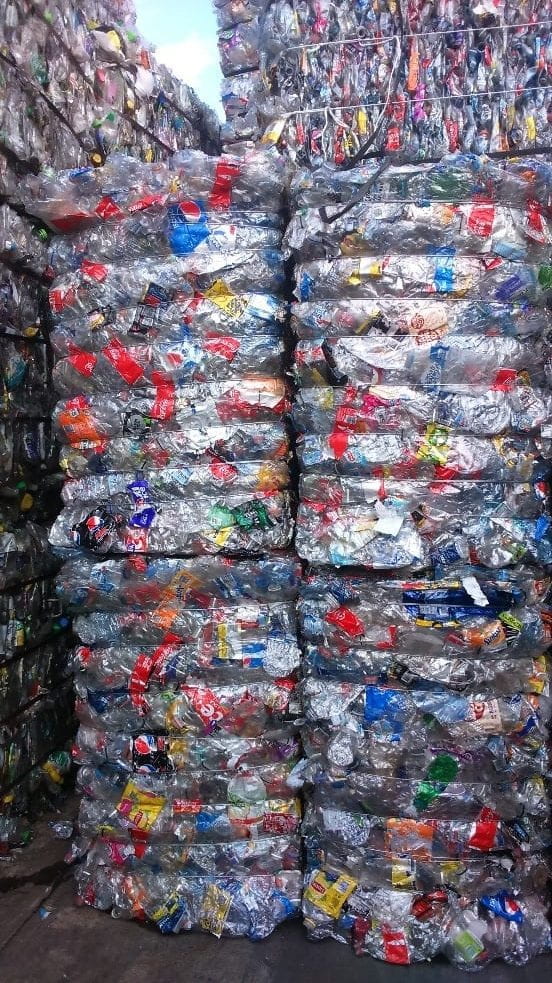The Association of Plastic Recyclers (APR) in the US established the ‘Recycling Demand Champions’ initiative to make plastic recycling a mature and stable market.
The aim is that by having companies commit to purchasing post-consumer recycled plastic, there will be consistent and reliable demand and the market will improve, which in turn will drive investment, and improve stability of supply and quality.
Companies become ‘Recycling Demand Champions’ by signing a commitment to:
- Provide future actions and report data on progress (to be aggregated for the whole initiative)
- Choose to purchase items containing post-consumer recycled plastic (the scheme supplies vendor information) or use post-consumer recycled plastic in a product (or increase use)
- Purchase and report item(s) within 12 months.
The program commenced in 2018 with 10 companies, including Coca-Cola, Target & Proctor and Gamble. In that year, the companies increased their purchasing of post-consumer recycled LDPE (#4), HDPE (#2), PET (#1) and PP (#5) by 6.8 million pounds (around 3000 tonnes), which was estimated to create over 90 jobs, reduce the equivalent greenhouse gas emissions as 1,700 cars driven for a year, and use the equivalent of all the plastic recyclables from Cambridge, Massachusetts for one year. APR actively promotes the companies that are part of the program.
A similar initiative where Aotearoa New Zealand companies commit to purchasing post-consumer recycled plastic could be an effective way to improve the pull-through of recycled content in the market and encourage more circular approaches to product design, with particular focuses depending on the quality and hygiene requirements of the application. Some of these multinational companies are already using recycled plastic in products sold locally, such as Coca-Cola using 100% recycled PET (#1) for all plastic bottles smaller than 1-litre and all water bottle bottles sold in Aotearoa New Zealand, and these efforts could be built on. The initiative could further extend to include ocean waste plastics, building on the model used by Ecostore and international best practice (read the Case Study).
A similar initiative where Aotearoa New Zealand companies commit to purchasing post-consumer recycled plastic could be an effective way to improve the pull-through of recycled content in the market and encourage more circular approaches to product design

Bales of clear PET (# 1) ready to be sent for recycling. Photo credit: Stephen Harris.
